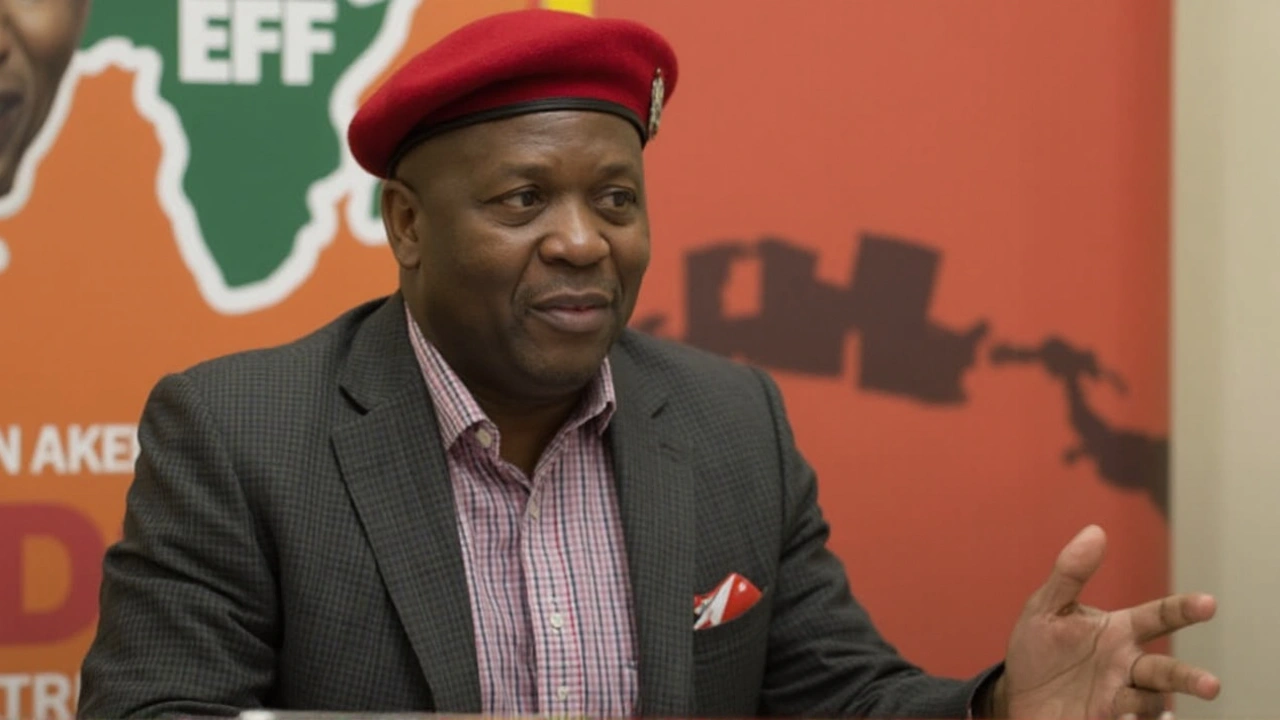Julius Malema, the outspoken leader of the Economic Freedom Fighters (EFF), has firmly dismissed any claims that his party is engaged in talks with the African National Congress (ANC) concerning a suggested 0.75 percentage point rise in value-added tax (VAT). The announced increase is part of the ANC's revised budget proposal, which has already been delayed due to coalition disagreements. Malema has made it clear that such a VAT hike would disproportionately affect the country's low-income households, and instead, he has advocated for rising corporate taxes and introducing a wealth tax to tackle fiscal challenges.
The revised proposal from the ANC surfaces as a compromise after the Democratic Alliance (DA) and other coalition members stood firm in their opposition to a larger 2% VAT hike. According to Malema, there have been no formal negotiations with the ANC about these changes. ‘No one is talking to us, there has never been any kind of engagement between the EFF and the ANC,’ he stated firmly. Malema criticized the coalition's fixation on VAT increases, arguing that real economic recovery should focus on job creation and making use of South Africa's abundant mineral resources.
The Democratic Alliance, a leading force in the government of national unity (GNU), has slammed the 0.75% increase as both ‘tone-deaf’ and ‘reckless,’ alleging that the ANC ignores ongoing issues of wasteful government expenditure. The DA offered alternative measures for cutting costs, such as cutting redundant government agencies and ending expensive military operations in the Democratic Republic of the Congo. Meanwhile, the Patriotic Alliance (PA) shares the criticisms against the VAT increase, suggesting that a more robust South African Revenue Service (SARS) could bring in an additional R450 billion each year without loading more taxes on everyday citizens.
With the ANC eager to pass fiscal measures, the delay in the budget has brought further strain to coalition relations. Reports suggest that the ANC might consider realigning its approach to gain support from opposition parties such as the EFF. Finance Minister Enoch Godongwana has confirmed that a revised budget will be laid out on March 12, 2025. Economic pressure has intensified, partly due to U.S. President Donald Trump's recent suspension of aid over ongoing disputes related to land reform in South Africa.

